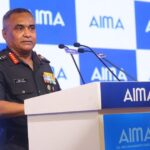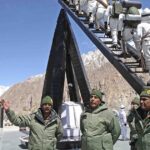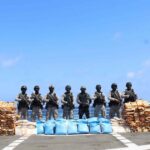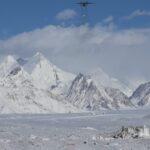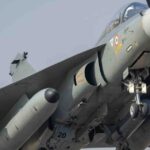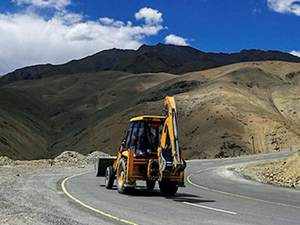
SOURCE: ET
Russia’s decision to play an active role in defusing the ongoing Sino-Indian tensions through backchannels and trilateral meets has been shaped not just by the close ties Moscow enjoys with both Delhi and Beijing but a number of other factors as well. Russia holds the current presidency of Russia-India-China (RIC) trilateral, Brazil, Russia, India, China and South Africa (Brics), and Shanghai Cooperation Organisation (SCO). India and China are members of all three groupings, and Moscow is worried that prolonged Sino-Indian tensions could undermine these groupings, people aware of the matter told ET.
Russia views these groupings as mechanisms to balance global power equations, they said.
Russia has organised an RIC meeting of the three foreign ministers scheduled on Tuesday but announced that no bilateral item will be on the agenda of the trilateral meet, thereby pre-empting any possible attempt to internationalise the current standoff, persons familiar with the developments said.
Russia is expected to host Brics and SCO summits later this year in St Petersburg. They were earlier scheduled at the end of July, but had to be postponed due to the Covid-19 pandemic.
Moscow is keen to organise these summits with the physical presence of leaders that will help to reaffirm its global outreach. The Indian establishment is also keen to back Russian presidency of the key groupings.
There are other factors at play as well. What has been amiss in public domain is the growing fissures in Russia-China relations that may prompt Moscow to widen its ties with Delhi. From the spread of Covid-19 (which originated in China) to charges of espionage in the Arctic to Chinese position on Ukraine, there is a growing discomfort about Chinese plans in Moscow’s ruling circles, prompting the need to nurture ties with Delhi, said one of the persons cited earlier.
The pandemic, besides creating a health crisis, also upset Moscow’s plans for a grand show on the 75th anniversary of World War II victory and forced it to reschedule other summits. Russia was one of the co-sponsors for World Health Assembly resolution seeking probe into the origin of the coronavirus.
Weeks after that, Russia accused one of its top Arctic scientists of passing state secrets to China. There are reports that Valery Mitko, president of Russia’s Arctic Academy of Sciences and a visiting professor at China’s Dalian Maritime University, handed secret information to Chinese special services. This is first spying charges levelled by Russia against China that played out in public domain after several years.
“The allegations of spying against academics highlight competition between Russia and China even after the two began to develop a strategic partnership,” a report in the Hong Kong-based South China Morning Post said.
Experts on Russian affairs indicated to ET that China is making independent plans to boost its Arctic presence and this has created some discomfort in Moscow. Earlier the two were making joint moves. India has been invited by Russia to be part of its Arctic initiatives.
On Russia’s western border, China has plans to boost BRI initiatives and is working with the Ukraine government on that. This has reportedly irked Russia, given the current state of ties between Moscow and Kiev. “These issues may not play out publicly, but the Russia-China partnership is probably reaching its limit,” said an expert who has studied Soviet and Russian foreign policy for decades.
Away from the public glare there is also the growing disquiet in Central Asia with an assertive China, which Russia is now responding to. India’s Central Asia and Afghanistan policy needs to factor this in, according to experts familiar with Central Asia. India’s own relations with Central Asia has expanded over the last few years across sectors. The expanding BRI in Central Asia has created discomfort in the region which is part of erstwhile USSR. The region which is part of Eurasia and borders Afghanistan and China remains critical in Moscow’s foreign policy and security calculations. It is in this backdrop that Russia was keen for India’s entry as SCO member despite initial reservations from China. It is felt that India’s entry into SCO will make grouping inclusive and balanced.
https://defencenewsofindia.com/sino-indian-tensions-russia-trying-to-defuse-tension/

